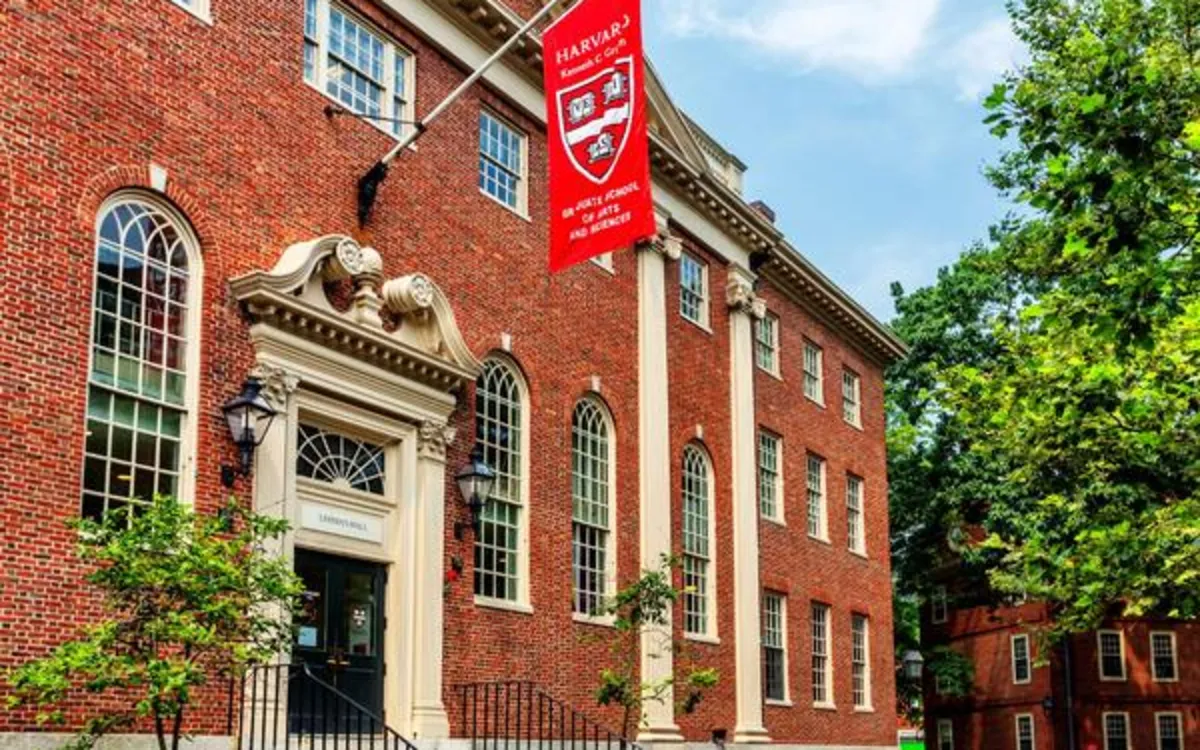
In recent months, the Trump administration has taken a confrontational stance towards American colleges and universities, sending numerous letters that demand significant changes. These communications have raised concerns among higher education leaders nationwide, particularly in light of the government's latest correspondence. On Monday evening, the Department of Education issued a three-page letter to Harvard University, declaring that federal agencies would no longer provide the prestigious institution with grant funding. The letter accused Harvard of engaging in a “systemic pattern of violating federal law,” labeling its actions as a “mockery of this country’s higher education system.”
A spokesperson for Harvard responded to the administration’s actions, stating that they would impose “unprecedented and improper control” over the university, potentially leading to “chilling implications for higher education.” In contrast, some conservative experts praised the letter as a necessary intervention. Dominique Baker, an associate professor of education and public policy at the University of Delaware, remarked, “Nothing changes from letter to letter,” emphasizing that the administration appears to be using coercive tactics to enforce compliance with its agenda.
This latest letter comes just weeks after Harvard publicly refused to comply with demands outlined in a previous letter from the Trump administration. Shortly after Harvard's announcement, the administration froze $2.2 billion in existing federal funds, prompting the university to file a lawsuit against the government. Now, Education Secretary Linda McMahon has indicated that Harvard’s chances of receiving future funding are virtually nonexistent. McMahon stated, “In every way, Harvard has failed to abide by its legal obligations, its ethical and fiduciary duties, its transparency responsibilities, and any semblance of academic rigor.”
Some conservative policy analysts view the letter as a pivotal moment to hold Harvard accountable. Adam Kissel, a visiting fellow at the Heritage Foundation, commented that the tone of the letter indicates a pressing need for Harvard to recognize the gravity of its situation. Conversely, Lynn Pasquerella, president of the American Association of Colleges and Universities, described the letter as a “particularly disturbing” escalation of threats against not just Harvard but higher education as a whole. She characterized the administration’s actions as a politically motivated attack, consistent with a longstanding Republican strategy.
Pasquerella articulated concerns that the Trump administration’s actions are part of a broader conservative agenda aimed at reshaping higher education. She noted that this is not merely a response to specific events, but rather a calculated series of actions aligned with a plan outlined in Project 2025. Multiple sources within the higher education community have described the administration's tactics as “fascist” or “authoritarian,” raising alarms about the implications for academic freedom.
In a 2021 speech, JD Vance, a Senate candidate, labeled higher education as “the enemy,” advocating for aggressive measures against it. Vance later lauded Hungary’s prime minister, Viktor Orbán, for his approach to curbing leftist influence in universities, suggesting that political influence can reshape educational culture through funding decisions and curriculum development.
As reactions unfold, some experts like Frederick Hess, director of education policy studies at the American Enterprise Institute, have expressed skepticism regarding the administration's latest letter. He noted that the performative nature of previous communications makes it challenging to assess the actual impact of this letter. Both Hess and Pasquerella questioned whether McMahon has the legal authority to halt federal funding to Harvard, suggesting it could violate due process rights.
Even if the legality of the funding freeze is debated, Baker contended that the Trump administration may have already imposed restrictions on funding for Harvard before the letter was even sent. She warned that negotiating with the administration might be futile, as some institutions may still attempt to appease the government in hopes of avoiding further repercussions. “But generally, I find that those people are not scholars of history who understand what happens when you capitulate or collaborate with authoritarian takeovers of countries,” she concluded.